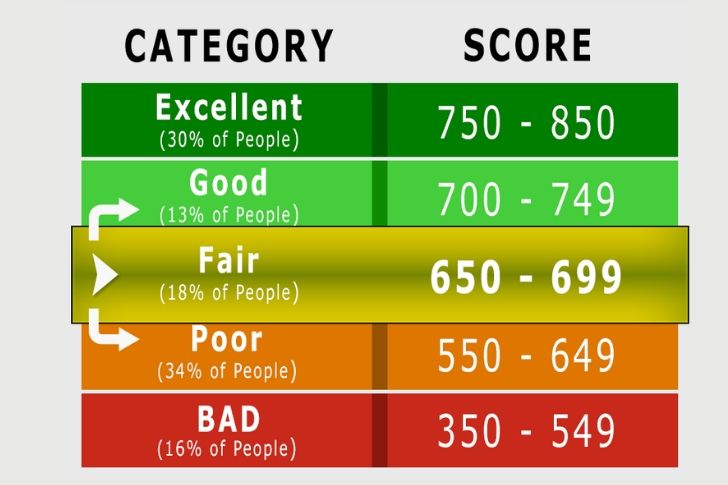6 Tips To Get Your Credit Card Application Approved
Deciding to get a credit card is a big step in one’s financial life. There are a lot of things to consider and prepare for, but, once everything’s settled it’s easy to go on to the next step.
Applying for a credit card is as simple as entering your information in an online form and clicking “submit”, or if you’re still a bit old-fashioned, it just takes a couple of minutes to fill out forms in a bank and hand it over to the person in charge. However, getting approved for a credit card is a whole different thing.
This is where your preparation comes in handy. Here are six things you need to know to get your credit card application approved.
1.Know about credit scores
Credit scores are one of the most important factors that credit card companies consider when looking over a person’s application. Different banks have different criteria, but scores are typically classified by lenders like this:
●Bad Credit
300 – 629
●Average Credit
630- 689
●Good Credit
690 – 719
●Excellent Credit
720 and up
If you’re thinking of availing of a rewards credit card, do note that credit card companies require good or excellent credit for this type of credit card. If you have pending balance or debt with your landlords, utilities, and the like, it’s best to delay applying until your credit improves.
Alternatively, you could consider secured cards. These are cards specifically designed for people with struggling credit.

2.Access your credit score
Now that you know about credit scores and how banks classify them, it’s time to learn how to access your credit scores. The most-used scoring models are the FICO score and VantageScore.
You can pay to get your FICO score from MyFICO.com, or, if you already have a credit card account, you can access it without charge on your monthly statement or online account. Additionally, Discover, a credit card company, offers a free FICO score access to everybody, even non-customers.
Other financial sites offer a free credit score from VantageScore. VantageScores and FICO scores track similarly because they consider the same factors and the same data from credit bureaus.
3.Improve your credit score
This takes a while, depending on your credit health. Your credit scores will rise if you: pay your bills on time, keep balances low on existing credit cards, and avoid new debt.
This step is partly the reason why applying for a credit card should be thought of and prepared for thoroughly. Improving your credit score takes time, especially if you start with having debt.
A full 30% of your credit score is determined by how much you owe. And it can be especially damaging if you have high credit card balances. Why would a credit card company approve your application if you have a bad record of paying it off? Your credit utilization ratio should be below 30% on each credit card.
Lower your credit utilization by paying down an existing balance as quickly as possible. You may pay off purchases more than once a month to quickly lower your balance.
4.Examine each offer
It may be tempting to fill out several credit card application forms, but know that each application can temporarily ding your credit card report. Thus, it’s best to consider an online tool to pre-qualify.
NerdWallet offers pre-qualification for multiple issuers and checking only takes a moment and will not harm your credit score. You can check it out here.
If you don’t qualify, you can consider getting a secured credit card. It’s a type of credit card perfect for people with bad credit. Having one can also raise your credit score if you prove responsible for it. These cards can also offer cash rewards, flexible deposit amounts, and the chance to upgrade to an unsecured credit card.
5.Include all your income in the application
While credit card companies heavily consider your credit score, it does not necessarily reflect your income. Providing them all your income records will allow them to calculate your debt-to-income ratio, thus, providing a much-needed context to the numbers.
If you have a small side business, include it on your application. If you’re 21 or older, you can also include your household income like your spouse or partner’s income on your credit card application.
Do not overstate your income or provide any false information. If you’re unemployed, know that it doesn’t automatically disqualify you from getting a credit card, though it might not be best to do so.
6.Don’t give up
If you’re still denied even after doing everything correctly for your application, you can call the issuer and ask for a reconsideration.
Map out your plan before you call. You have the right to know why you were denied, but at the same time, take the initiative to check your credit report to see any possible reasons on your record. State your case politely and provide concrete information showing that you’re financially capable.

All in all, being denied for a credit card hurts and it does affect your credit score.
However, with proper preparation and hard work, you can get your desired credit card with flying colors.
HeteroSapiens/Pixabay
Daniil Vin/Flickr
